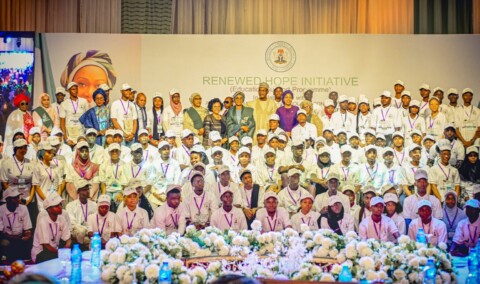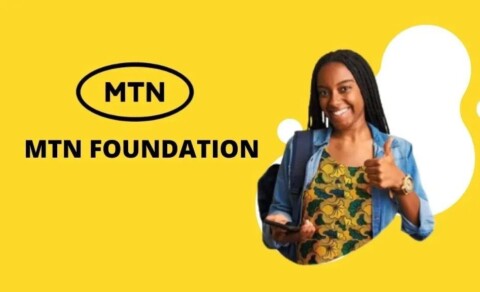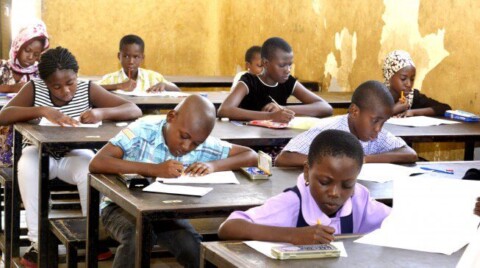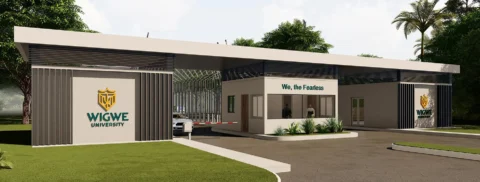The Adolescent Girls’ Initiative for Learning and Empowerment (AGILE) has emphasized the need for stronger collaboration among stakeholders to ensure the effective implementation of its project in Kogi State. Bello Abdulhakeem, the Kogi State coordinator of the AGILE project, made this appeal during a sensitization and stakeholders’ engagement program held on Tuesday in Lokoja.
Mr. Abdulhakeem explained that AGILE, a World Bank-supported initiative under the Federal Ministry of Education, aims to enhance secondary education opportunities for adolescent girls between the ages of 10 and 20.
He highlighted that the initiative seeks to create an enabling environment for young girls by promoting social and behavioral change, equipping them with essential life skills, and providing financial incentives and scholarships to those in public secondary schools.
According to Mr. Abdulhakeem, the sensitization program serves as a platform for engaging relevant stakeholders in identifying and addressing challenges hindering girls’ education in the state. He urged stakeholders to take an active role in the project by engaging with schools in their communities and offering feedback to AGILE for continuous improvement.
In his remarks, Kogi AGILE’s spokesperson, Bishop Aturu, underscored the importance of accurate and reliable data in ensuring effective planning and seamless project implementation.
During the event, stakeholders commended the AGILE initiative and acknowledged the efforts of the coordinator and his team in fostering inclusive participation. They emphasized the necessity of continuous training and motivation for teachers to enhance the quality of education delivery in the state.
Representing persons with disabilities, Ibrahim Arome, the immediate past chairman of the Kogi Board of Disability, praised AGILE for prioritizing inclusivity. He advocated for the establishment of a school for the deaf and dumb in the state and called for the construction of accessible infrastructure to accommodate persons with disabilities.
The event was attended by representatives from various NGOs, religious and traditional institutions, the International Federation of Women Lawyers (FIDA), media organizations, government agencies, women’s groups, and other key stakeholders, all of whom pledged their support for the initiative.





